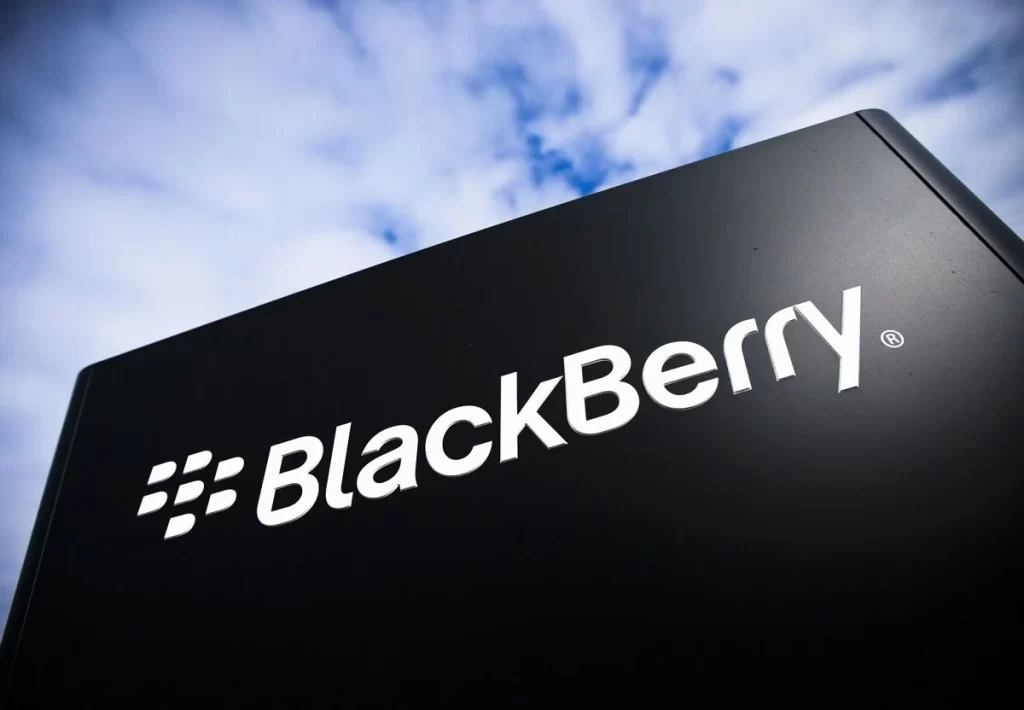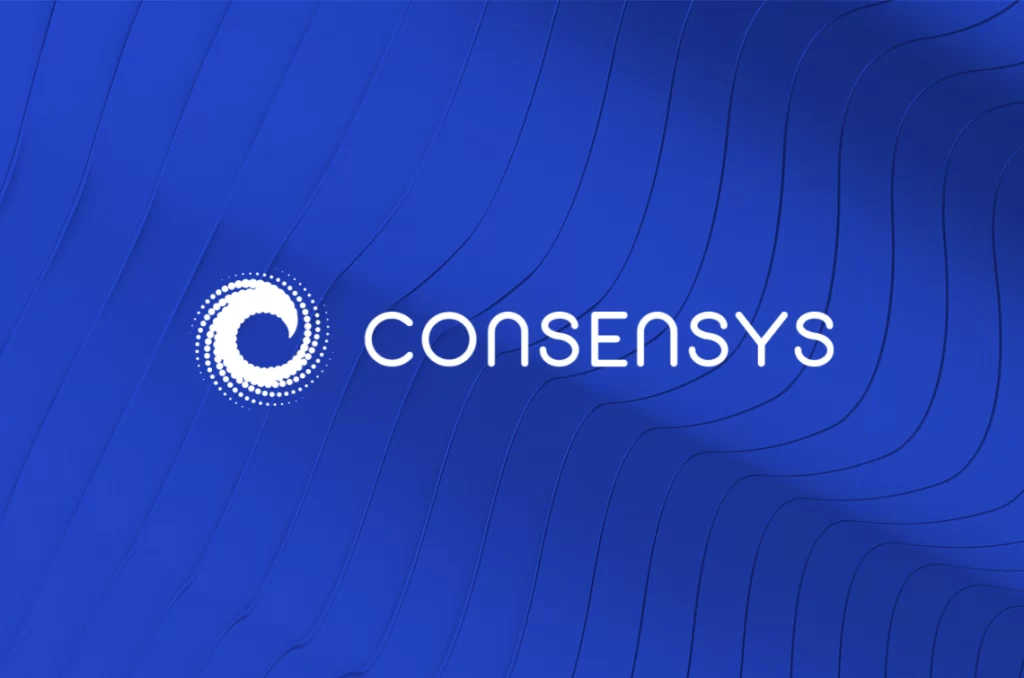CoinGecko has recently introduced a new index, the “Top Alleged Securities Coins,” which tracks the largest crypto tokens perceived as securities by the United States Securities and Exchange Commission (SEC).
This index organizes the selection of crypto assets based on their market capitalization.
Topping the list is BNB with a market cap of $243, followed by Cardano (ADA) at $0.292, Solana (SOL) at $23, and TRON (TRX) at $0.0765.
A spokesperson from CoinGecko informed Cointelegraph that the index was launched in early August.
It was created by compiling a list of the most prominent tokens that the SEC had classified as securities in previous legal battles.
Although the SEC currently identifies 68 tokens as securities in recent lawsuits against crypto exchange giants Coinbase and Binance, CoinGecko’s index lists only 24 of them.
According to CoinGecko’s data, the top tokens included in the SEC’s litigated remit account for approximately $84.9 billion of the entire crypto market, which represents around 7.5% of the total crypto market capitalization of $1.21 trillion.
SEC Chair Gary Gensler has been assertive in stating that the majority of crypto assets should be considered securities.
He previously expressed that “everything other than Bitcoin” falls under the SEC’s regulatory purview.
If Gensler’s stance is upheld, it would imply that nearly all of the approximately 25,500 cryptocurrencies listed on CoinMarketCap’s platform would come under the SEC’s regulation.
As regulatory scrutiny intensifies in the crypto space, CoinGecko’s new index sheds light on the tokens considered as securities by the SEC.
This development also raises concerns among crypto enthusiasts and market participants about the potential implications of broader regulation on the industry.
While the SEC aims to protect investors and ensure market integrity, the evolving regulatory landscape poses challenges and uncertainties for crypto projects and investors alike.
Market participants will closely monitor how this space evolves and how it impacts the future of cryptocurrencies as a whole.
Other Stories:
Coinbase CEO Affirms Commitment to US Amid Regulatory Uncertainty
U.S. Senators Call for Crackdown on North Korea’s Cryptocurrency Funding of Nuclear Program
Latvia Sees Decline in Crypto Asset Purchases Amidst Concerns Over Fraud and Money Laundering









